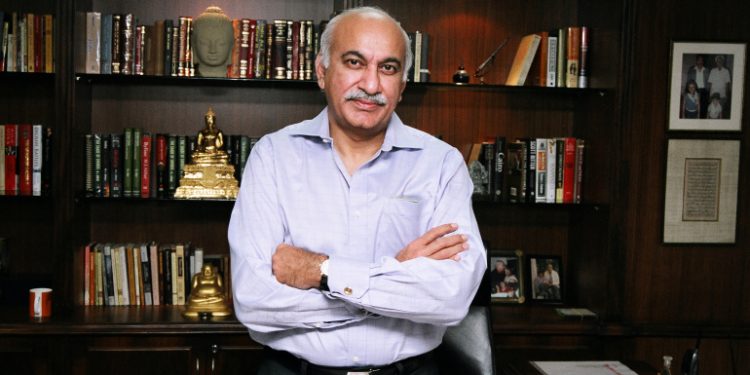Journalist Priya Ramani acquitted in the defamation case filed by former minister MJ Akbar.
A former minister in Prime Minister Narendra Modi’s cabinet has lost a defamation suit he filed against journalist Priya Ramani, who had accused him of sexual harassment in the most high-profile case in India’s #MeToo movement, according to her lawyer.
In 2018, Ramani became the first of a string of women to go public with allegations against Mobasher Jawed Akbar, a former high-profile newspaper editor who went on to become India’s deputy foreign minister in 2016.
“Women can’t be punished for raising instances of sexual abuse,” the judge said in his verdict on Wednesday. “The Indian constitution allows women to put forward her grievances before any forum and at any time,” the judge said.
Speaking to local media after the verdict, Ramani said she was “vindicated on behalf of all the women who have ever spoken out against sexual harassment in the workplace”.
“Women can’t be punished for raising instances of sexual abuse”.
THE JUDGE
She was inspired by the #MeToo movement against sexual assault that sprang up in the United States and spread worldwide following accusations against Hollywood movie mogul Harvey Weinstein in 2017.

Ramani wrote an article about the inappropriate behaviour of an unnamed editor the same year and one year later alleged it was Akbar.
She said she was 23 when Akbar called her to a Mumbai hotel for a job interview more than 20 years ago.
“You know how to pinch, pat, rub, grab and assault,” she wrote.
‘Incredibly gratifying moment’
Akbar called the allegations “baseless”.
Soon after, he stepped down as junior foreign minister and sued Ramani for defamation, saying her accusations had caused “irreparable damage to (my) reputation and goodwill”.
Ramani’s lawyer Rebecca John told AFP after Wednesday’s judgment that it was an “incredibly gratifying moment”.
“The fact that a woman was being dragged to a criminal court in defamation proceedings to silence her and other women from coming out and speaking the truth was in itself a very important reason for me to take up the matter,” John added.
“I spoke because women before me spoke up,” Ramani said at a literature festival in 2019.
“I spoke so people after me can speak up.”





